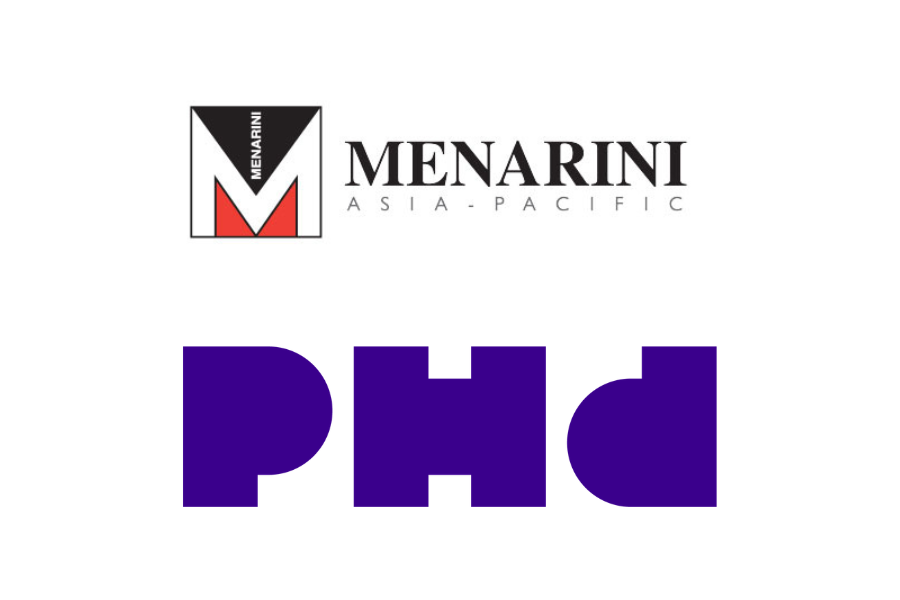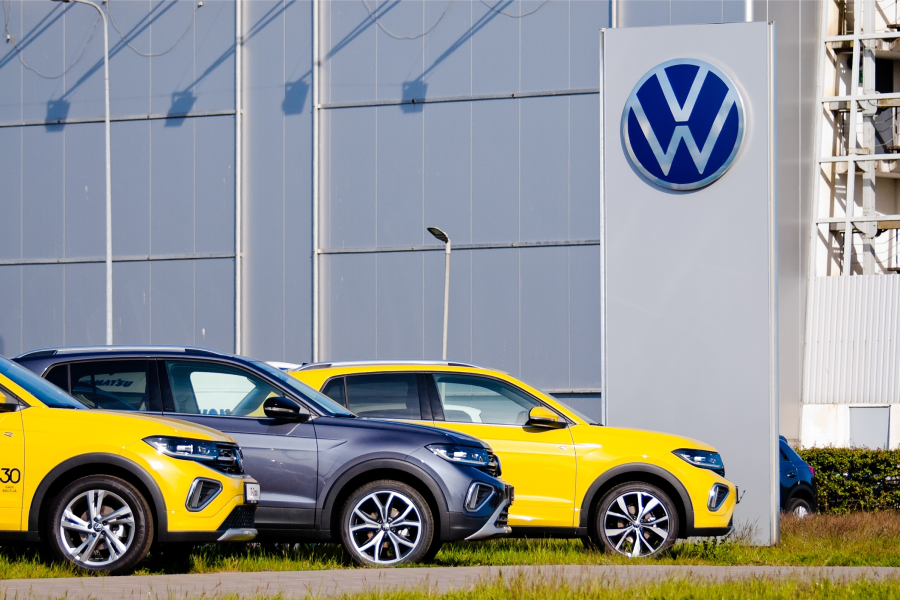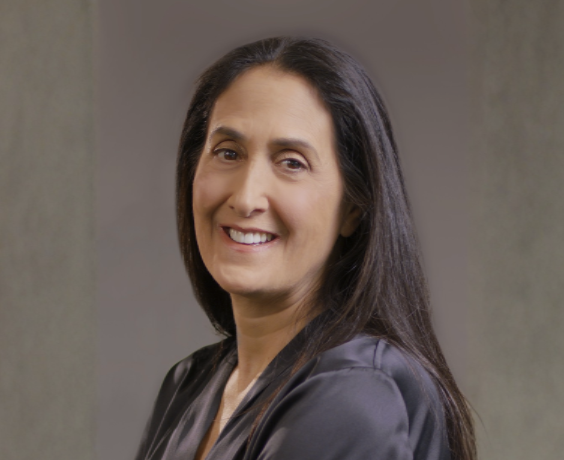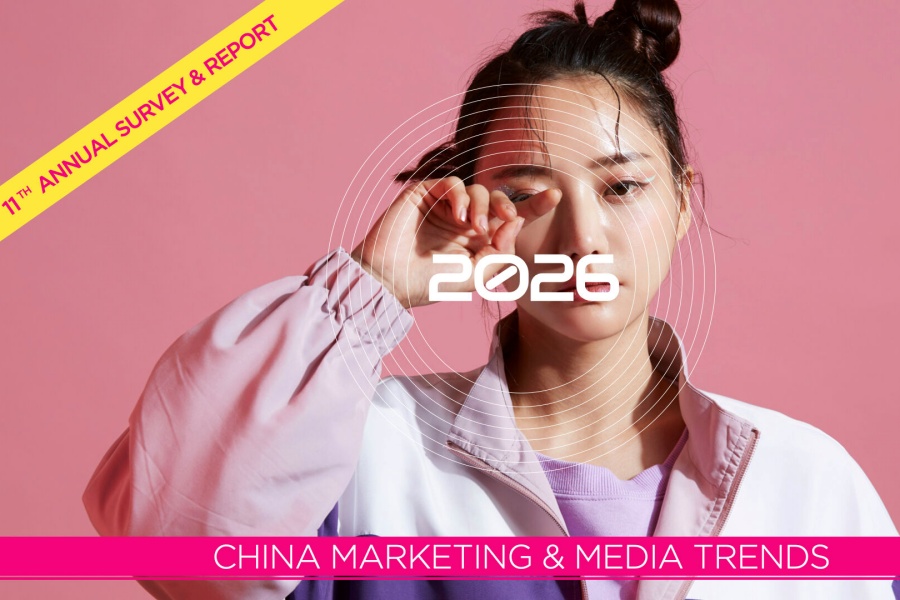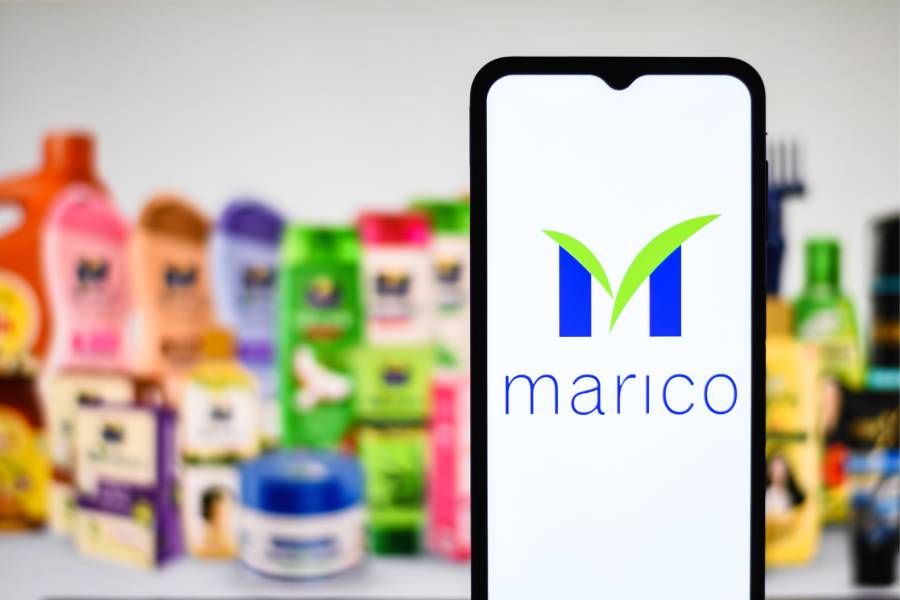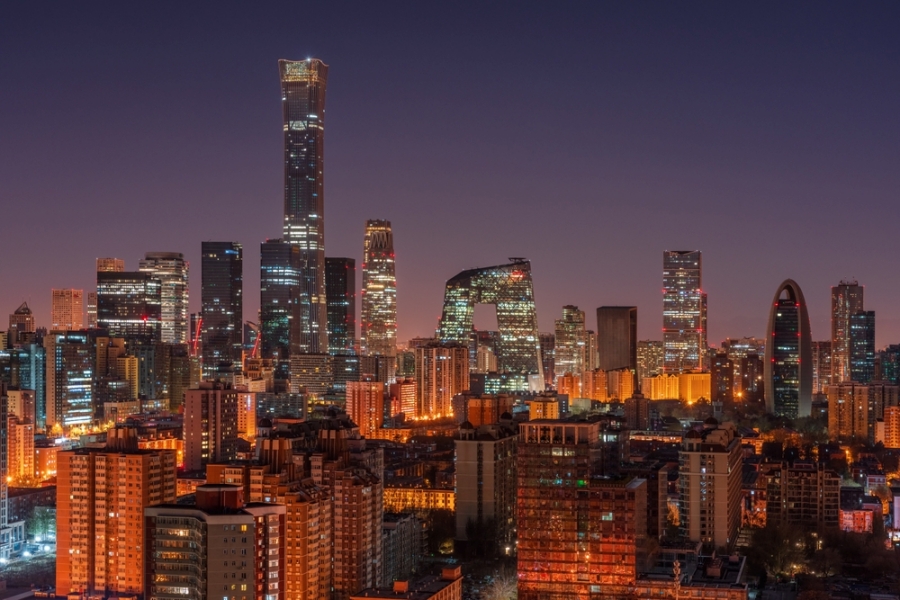Subway has elected to shake up its agency roster across Asia following a five-month pitch process that will see media buying and planning duties shift from MediaCom and Mindshare to Omnicom's PHD in Singapore, Malaysia and Taiwan and will involve two new large local agencies handling integrated duties in the growing North Asian markets of South Korea and China.
MediaCom had previously handled media duties for Subway in Singapore and Malaysia, while Mindshare did the same in Taiwan, but neither incumbent made it to the final round of the media pitch. After a competitive review that concluded with finalists Dentsu and VaynerMedia, PHD was chosen as the winner to handle both media planning and buying for all three markets. PHD will also be tasked with some out-of-scope creative work in Taiwan, the brand said.
Meanwhile, in South Korea and China, where Subway is emerging as a QSR competitor, the brand had been served by a smattering of design, digital and ad agencies, which compelled the sandwich chain to consolidate with a couple of key integrated agency partners. In South Korea, local agency Adqua Interactive emerged as the winner after a final shortlist that included McCann. The Chinese integrated pitch, meanwhile, was awarded to Carnivo, Leo Digital Network's integrated marketing agency, competing against other finalists Cheil and Front Networks.
“This is part of the overall brand transformation of Subway and the time is right to bring the right agency partners onboard to help us elevate our brand-building initiatives,” Subway’s Asia-Pacific regional director of marketing, Mandy Mak, tells Campaign Asia-Pacific.
The combined mandates are valued at roughly $15 million annually, but the lengths of contracts are still being worked out. R3 led the pitch process.
Change in media
Mak said that unlike China and South Korea, the brand elected to run a media-only review in the smaller markets of Singapore, Malaysia and Taiwan, which have roughly 500 restaurants combined, to focus on driving efficiencies in media buying. PHD was selected for its strategic thinking around optimal media choices and buying, Mak said, together with its user-friendly tools to implement them.
"PHD showed a very clear understanding of our business and our challenges. The tools that they have in place will help us refine and optimise our media strategy," Mak said noting the agency is also well-placed to help with Subway's post-pandemic pivot to online and ecommerce initiatives.
“We’re thrilled to be partnering with Subway in three of their growth markets in Asia”, said James Hawkins, CEO of PHD Asia Pacific. “We delivered a strategic solution that combines data-driven insights and human-centric innovation. Coupled with the calibre of our team as well as their passion for the brand, we look forward to partnering Subway in their ambitious and transformative journey”.
"More than anything else, PHD will be a really strong extension of our marketing teams," Mak added. "We look forward to fun and robust discussions in the months ahead."
South Korea
In South Korea the situation for Subway was a little different. A key APAC market for Subway with about 430 locations and growing sales momentum, the integrated pitch objective was to build off of recent strong marketing successes that have gained attention for the brand.
Subway has been perhaps the most aggressive brand overall in using product placement in Korean dramas over the years, garnering much media attention including The New York Times which informally tallied Subway appearances on no less than 17 different drama shows.
Now that it has Koreans’ attention, Mak said the QSR brand wants to really drive higher customer engagement and take brand-building to a higher level with multi-layered messaging and a higher share of voice. Hence the agency review, selecting a new partner in Adqua who can pull all that together.
China
In China, Subway has about 500 stores total but in a much larger market, meaning it’s still only emerging against much bigger quick-service competitors. With far less visibility relative to Korea, Subway has spent much of the past four years getting to know its customers a lot better and working on getting operations right to improve its customer experience before embarking on large-scale brand building.
Instead, marketing efforts so far have largely focused on local territories, using a number of smaller design shops alongside broader social media content for WeChat, Weibo, Douyin, and Little Red Book with the help of various digital agencies and KOLs to amplify the messages. Branded content was also created for popular apps like FitTime and Meituan.
Given the high expectations of a digital nation like China, Mak said that much work has been put into building the IT infrastructure to enable more sophisticated CRM programs. So after spending the last few years honing Chinese customer experience and laying groundwork, Mak said “now we feel it’s important that we elevate the marketing to brand-building and running full integrated brand campaigns.”


